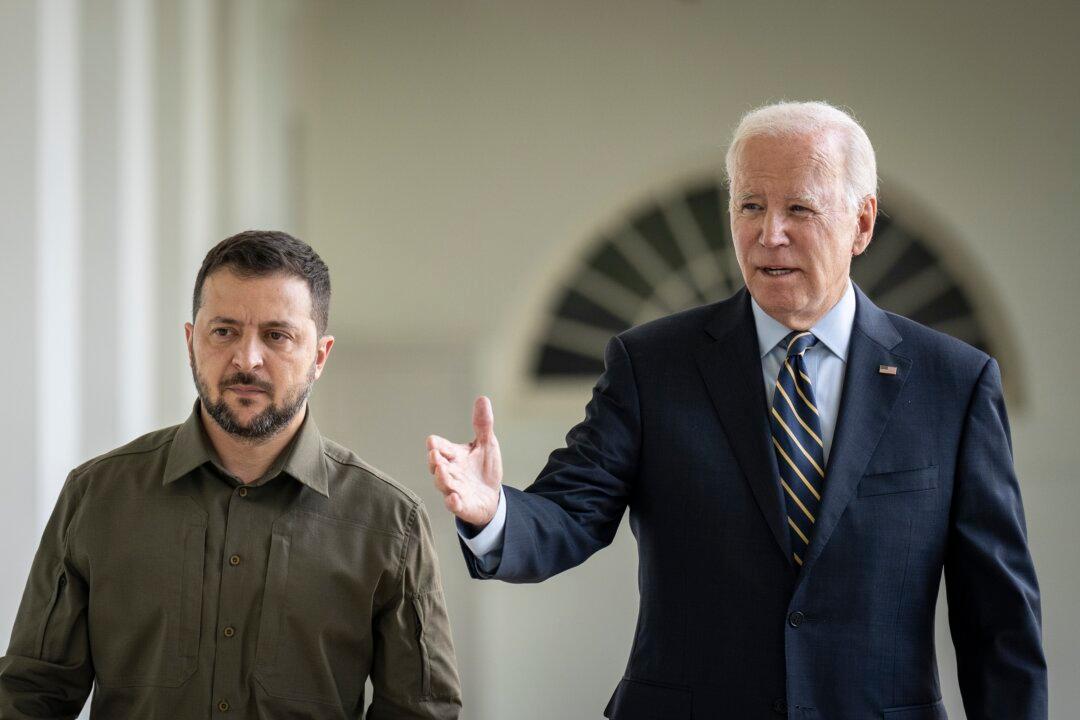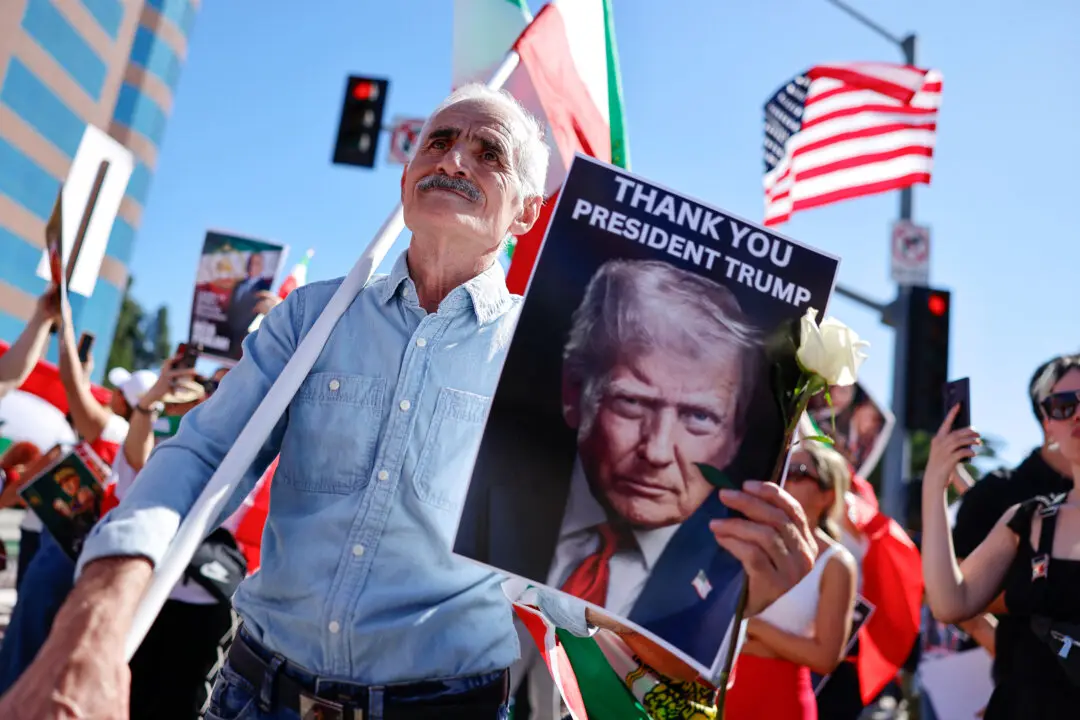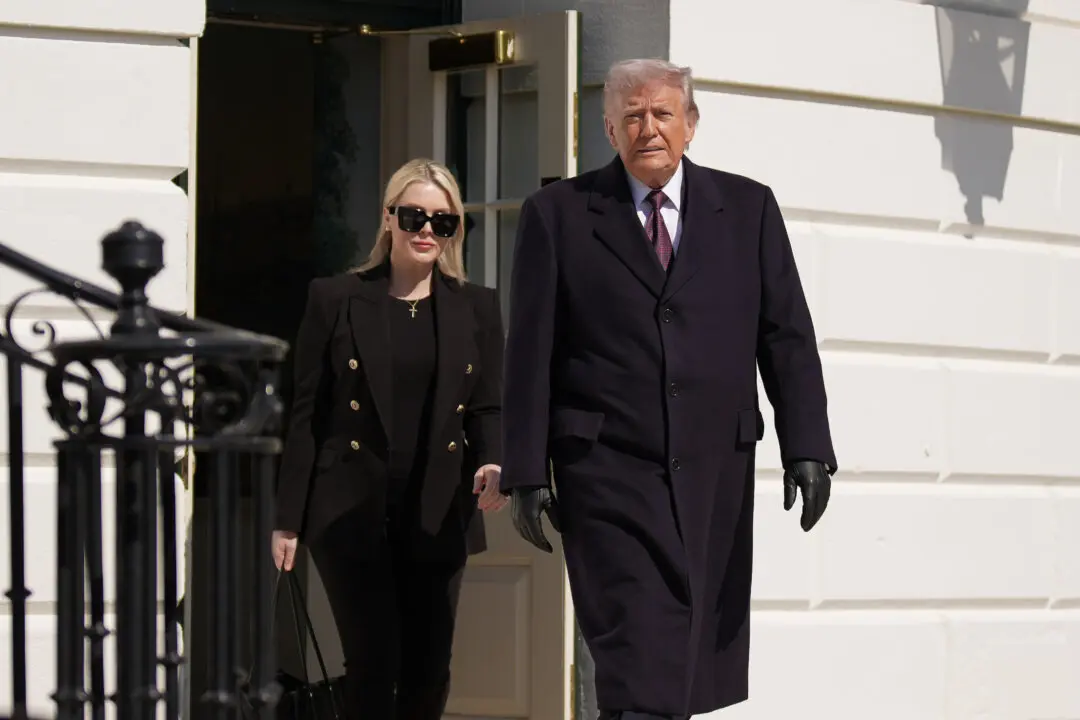The White House announced on Dec. 10 that President Joe Biden will host Ukrainian President Volodymyr Zelenskyy at the White House on Dec. 12 as Congress remains in a stalemate on a new aid package for the war-torn country.
“President Biden has invited President Volodymyr Zelenskyy of Ukraine to the White House for a meeting on Tuesday, December 12, to underscore the United States’ unshakeable commitment to supporting the people of Ukraine as they defend themselves against Russia’s brutal invasion,” reads a statement released by press secretary Karine Jean-Pierre.





